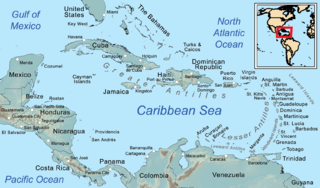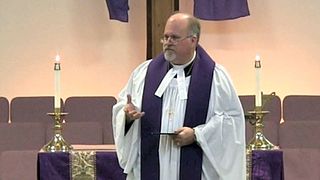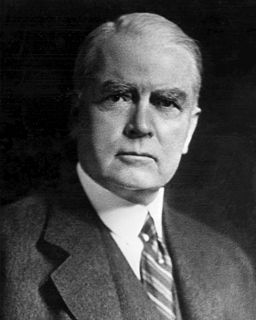
John Raleigh Mott was an evangelist and long-serving leader of the Young Men's Christian Association (YMCA) and the World Student Christian Federation (WSCF). He received the Nobel Peace Prize in 1946 for his work in establishing and strengthening international Protestant Christian student organizations that worked to promote peace. He shared the prize with Emily Balch. From 1895 until 1920 Mott was the General Secretary of the WSCF. Intimately involved in the formation of the World Council of Churches in 1948, that body elected him as a lifelong honorary President. His best-known book, The Evangelization of the World in this Generation, became a missionary slogan in the early 20th century.
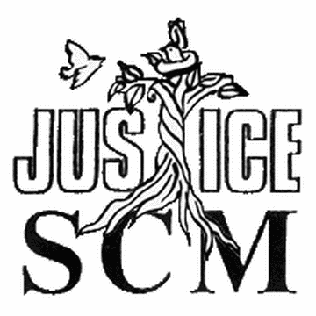
The Student Christian Movement of Canada is a youth-led ecumenical network of student collectives based in spirituality, issues of social, economic justice, environmental justice, and building autonomous local communities on campuses across the country. It is part of the World Student Christian Federation. The SCM Canada works with other Christian groups, for example, in 2017 supporting the Week of Prayer for Christian Unity.
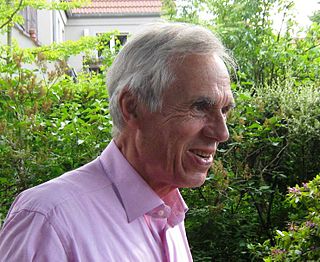
Konrad Raiser is a former General Secretary of the World Council of Churches (WCC).

The World Methodist Council (WMC), founded in 1881, is a consultative body and association of churches in the Methodist tradition. It comprises 80 member denominations in 138 countries which together represent about 80 million people.
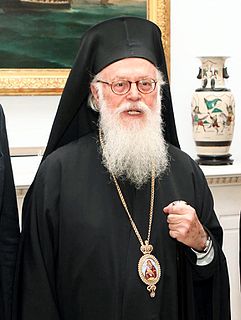
Archbishop Anastasios of Tirana, Durrës and All Albania is the Archbishop of Tirana, Durrës and All Albania and as such the primate and Head of the Holy Synod of the Autocephalous Orthodox Church of Albania. He was elected on June 1992. Professor Emeritus of the National University of Athens. Honorary Member of the Academy of Athens. Archbishop Anastasios is one of the presidents of the Central Committee of the World Council of Churches. Honorary President of the World Conference of Religions for Peace.
Geoffrey Wainwright is a British theologian. He has spent much of his career in the United States and currently teaches at Duke Divinity School. Wainwright has made major contributions to modern Methodist theology and Christian liturgy, and has played an significant role on producing the text Baptism, Eucharist and Ministry, as a member of the Faith and Order Commission of the World Council of Churches (WCC).

Willem Adolph Visser 't Hooft was a Dutch theologian who became the first secretary general of the World Council of Churches in 1948 and held this position until his retirement in 1966.
Lukas Vischer was a Swiss Reformed theologian, author, and advocate of ecumenical dialogue among the world's Christian churches.
Dr. M. M. Thomas was an Indian Christian theologian, social thinker, activist and former Governor of the Indian State, Nagaland. He also served as the Chairperson of the Central Committee of World Council of Churches (1968–1975). He was conferred with the honorary doctorate degree by the University of Uppsala in 1978.
The Pontifical Council for Promoting Christian Unity (PCPCU) is a pontifical council whose origins are associated with the Second Vatican Council which met intermittently from 1962 to 1965.

Olav Fykse Tveit is a Norwegian Lutheran theologian. He was elected to the post of general secretary of the World Council of Churches on 27 August 2009. He entered office on 1 January 2010, for a proposed term of five years, and was re-elected to a second term in July 2014.
Masao Takenaka was a Japanese theologian who taught for over 40 years at Doshisha University in Kyoto, Japan, where he was a Professor of Christian Ethics and Sociology of Religion.
Seevaratham Wesley Ariarajah is a theologian, professor, and former director of inter-religions relations at the World Council of Churches (WCC).
Robert Scheuermeier was the first Principal of the Karnataka Theological College, Mangalore, a Seminary affiliated to the country's first University, the Senate of Serampore College (University), Serampore.

José Míguez Bonino was an Argentine theologian.


